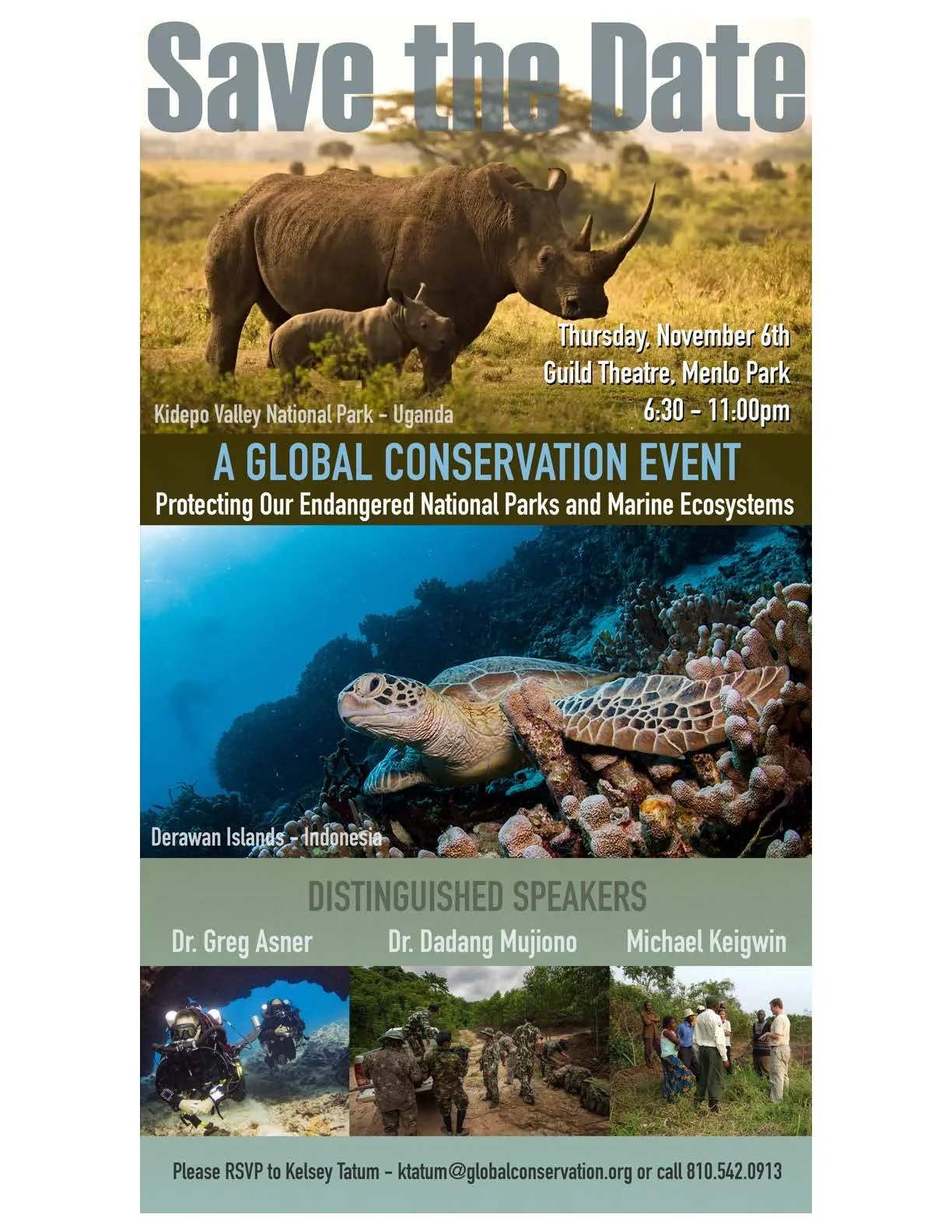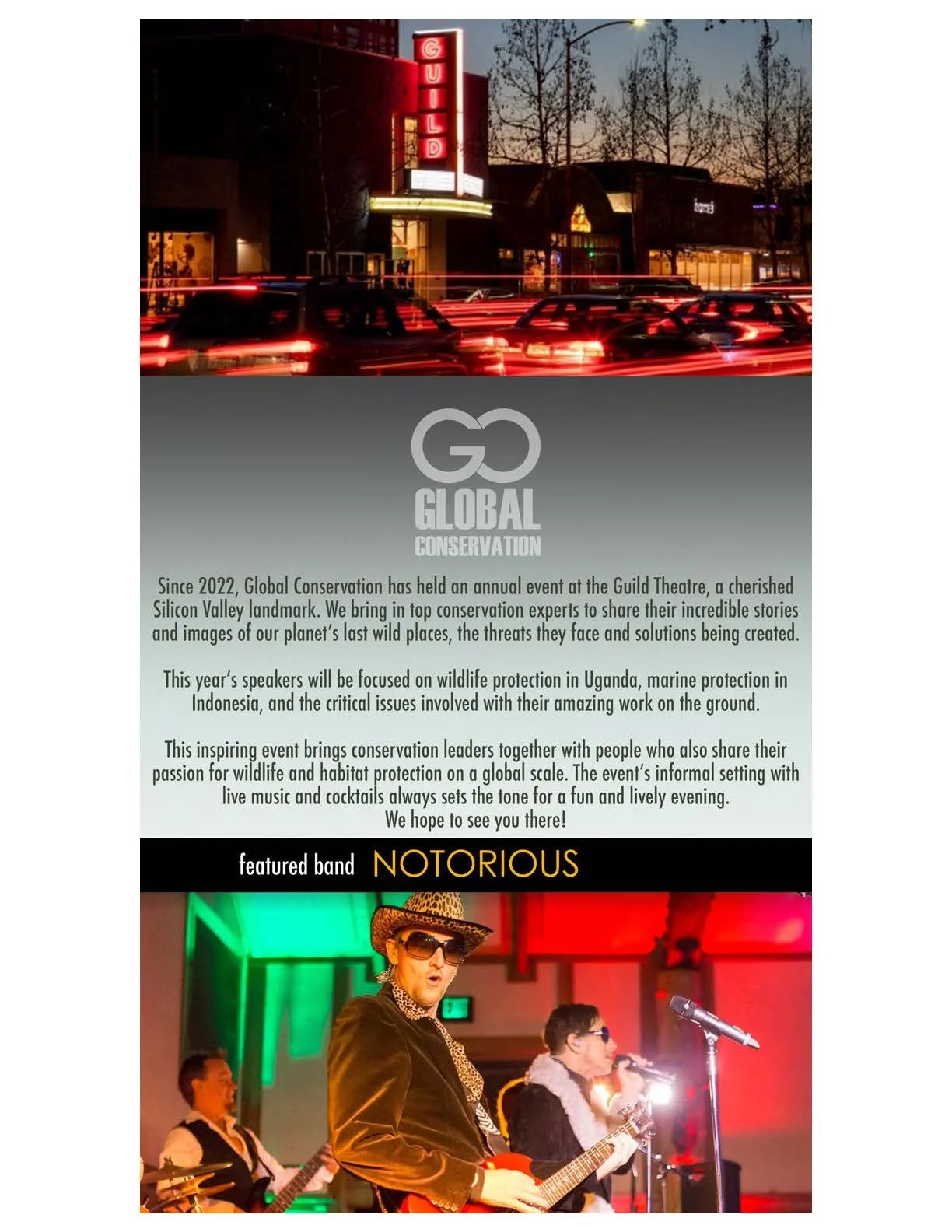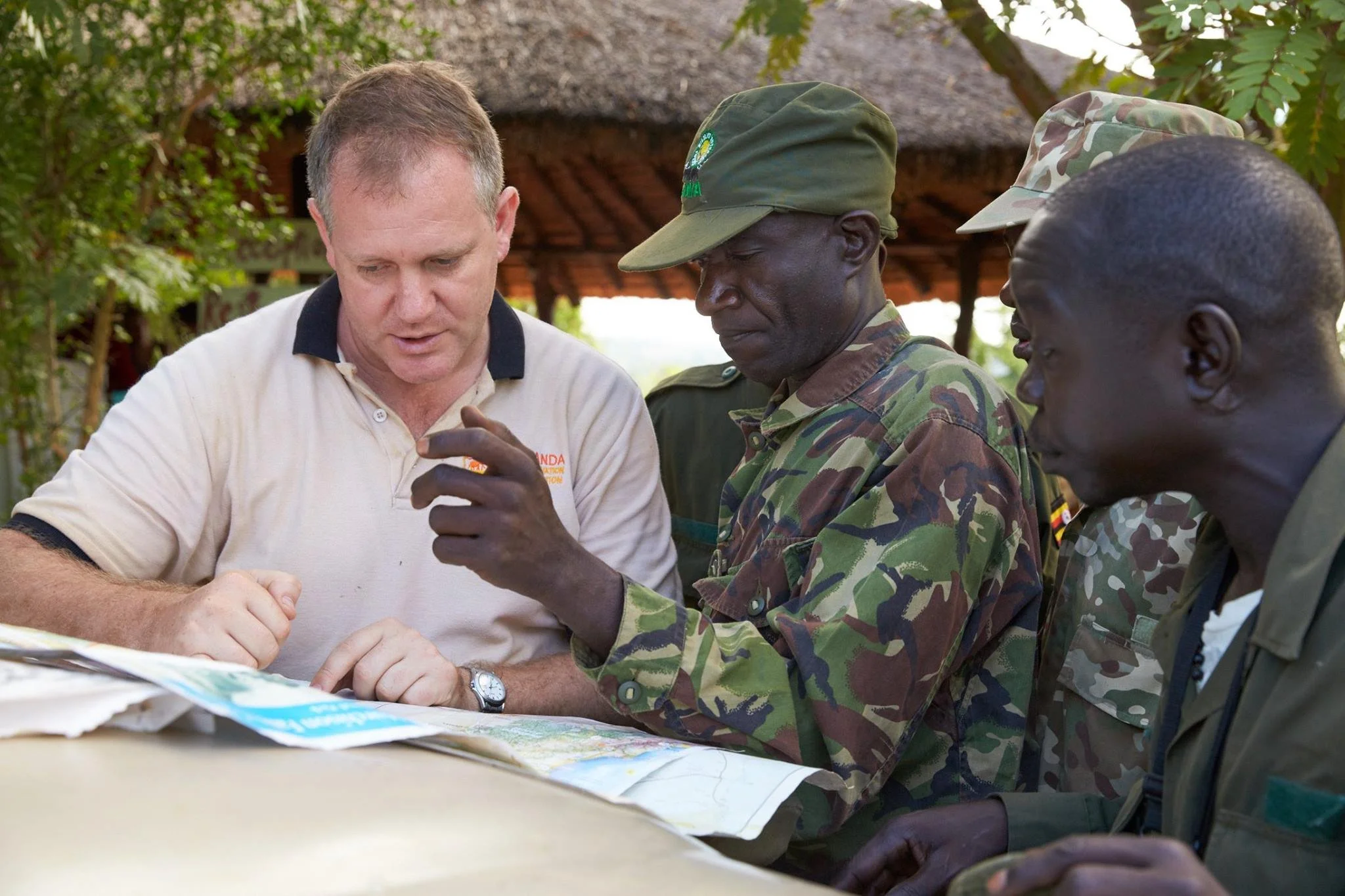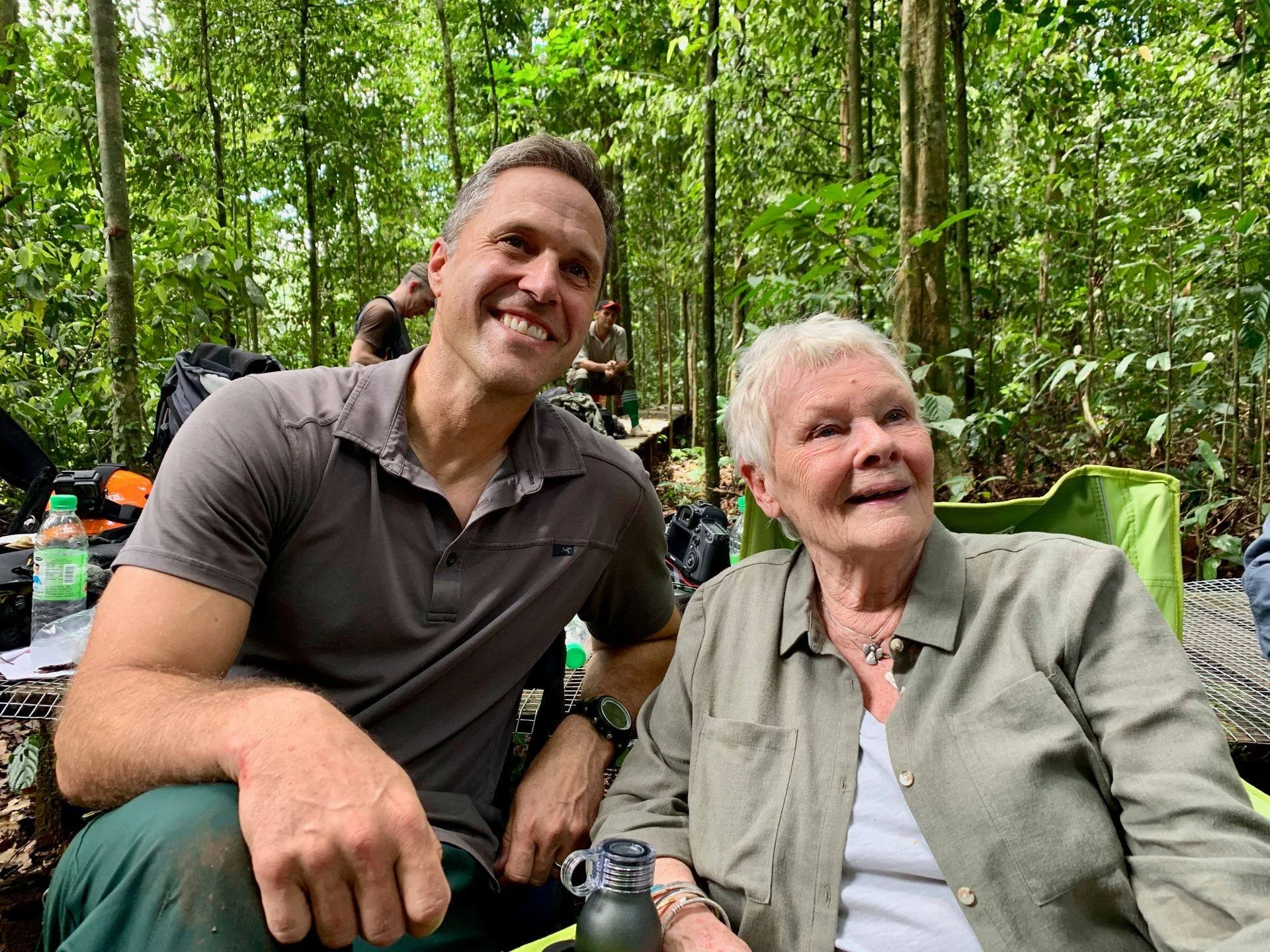Join us for a fascinating evening with heroes in planet protection working throughout Africa, Asia, and the Americas.
With special musical guest NOTORIOUS
Topics of the Evening Focus on:
Nation-wide Deployment of EarthRanger Park Protection in Uganda
Regenerating Ocean Reefs Through Coral Nurseries
Deploying Satellites and Marine Radars Against Illegal Fishing in Indonesia
Distinguished Speakers
Dr. Dadang Mujiono
Project Director for the Derawan Archipelago, Indonesia
Dr. Dadang is a lecturer, researcher, and conservationist whose work bridges international relations, maritime ethnography, and environmental governance. He earned his Ph.D. in Southeast Asian Studies from the National University of Singapore, focusing on the history and contemporary issues of the Sea People—the Bajau and Solok (Tausug)—of the Derawan Archipelago.
He teaches International Relations at Mulawarman University and has served as Editor-in-Chief of the Interdependence Journal of International Studies and reviewer for BHUVANA: Journal of Global Studies.
As Indonesia’s Director for Global Conservation, he primarily oversees conservation initiatives in the Derawan Archipelago, East Kalimantan. While not directly supervising GC’s other projects in Leuser and Komodo, he is currently involved in pre-assessment for future initiatives in the Banda Seas and Sulawesi.
Dr. Dadang also leads GC’s outreach to national-level agencies, including the Ministry of Marine Affairs and Fisheries (KKP), the Indonesian Navy (TNI AL), and the Marine Police (Polairud), promoting GC’s flagship Global Park Defense initiative and advancing strategic collaborations, aiming to ensure the smooth launch of future GC initiatives across Indonesia.
He has authored several books and journal articles on multi-track diplomacy, contemporary global issues, and marine ecosystems. His research on ecotourism, sustainable development, and the identity and heritage of maritime communities—particularly in the Sulawesi (Celebes) Seas—has contributed to broader discussions on conservation policy and its relationship with the dynamics of local engagement.
Michael Keigwin
GC Director of Kidepo Valley National Park, Uganda
Michael Keigwin, Director of Global Conservation’s Kidepo Valley project in Uganda, brings leadership from a career as a management consultant to wildlife protection in East Africa. He is spearheading modernization of protected area management, including establishing a digital Command Centre and deploying EarthRanger to track wildlife across 300,000 hectares. His efforts aim to reverse steep declines in lions and elephants caused by poaching and habitat loss.
Michael transitioned from a London Management Consultant to a Leader in Park and Wildlife Protection, protecting over 1 million hectares of Uganda's endangered national parks from wildlife poaching and human-wildlife conflict.
Dr. Gregory Asner
Director of ASU's Center for Global Discovery and Conservation Science
Dr. Greg Asner is the director of Arizona State University's Center for Global Discovery and Conservation Science. He serves on the faculty of the School of Geographical Sciences and Urban Planning and the School of Earth and Space Exploration at ASU. Asner is an ecologist recognized for his exploratory and applied research on ecosystems and climate change at regional to global scales. His research spans the areas of spatial ecology and biodiversity, terrestrial carbon cycle, animal-habitat interactions, and climate change. He develops scientific approaches and technologies for investigation and conservation assessments of large ecoregions. Asner has published hundreds of scientific articles and has served in numerous national and international programs with NASA, the U.S. State Department, and the United Nations. He is a recipient of multiple scientific and sustainability awards and is an elected member of the U.S. National Academy of Sciences.
The work of Dr. Asner and his team has been instrumental in several aspects of Global Conservation's efforts. Their LiDAR scanning program in particular has contributed greatly to the conservation of Mirador National Park as well as our Carbon for Forests initiative.





